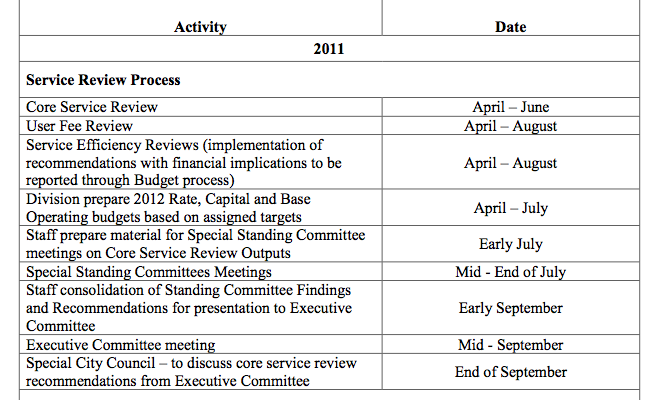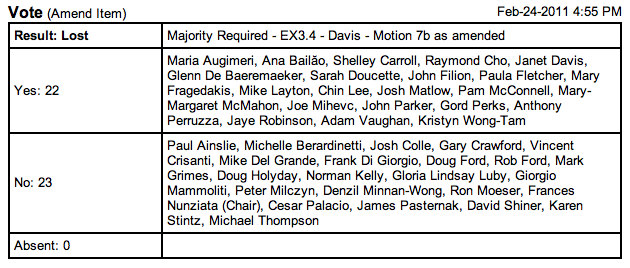Natalie Alcoba and Peter Kuitenbrouwer, in what I have to imagine is a story being pushed by someone  at City Hall:
Frustration with the pace and pricey bureaucracy of redeveloping Toronto’s port lands has got Mayor Rob Ford’s administration wondering if the city can sell off some of its own parcels separate from the agency that has been guiding transformation on the lake shore.
The federal, Ontario and city governments created Waterfront Toronto in 2001 as the “master planner and lead developer†on 52 hectares of prime real estate that had historically been the domain of industry. Of that land, Toronto owns 56%, the Toronto Port Authority 24%, and 20% is in the hands of the private sector.
via Waterfront Toronto is moving too slowly: critics | Posted Toronto | National Post.
Selling off parcels of land — removing them from the purview of Waterfront Toronto — is an insane suggestion, likely driven by a need to find saleable assets that can help bring down next year’s budget gap. While progress on the waterfront is not visible to those who don’t, you know, visit the waterfront, those who have actually gone down to look at the progress have to acknowledge that significant headway has been made.
Simply selling off land to the private sector without following an integrated plan for development will lead to the same mistakes that were made with the central and western waterfront — soulless condo towers with no neighbourhood feel.
In an interview with the Globe & Mail’s Lisa Rochon this weekend, architect Moshe Safdie was asked about the mistakes Toronto made with its initial waterfront development. He said:  “Back in the 1980s, Toronto’s waterfront was developed intensely and generated extraordinary taxes but it wasn’t invested into infrastructure that could make a difference.”
Someone in the mayor’s office must have only read as far as “extraordinary taxes” before stopping.
Damn near the entire cast of characters is quoted in the Post article. Peter Milczyn posits that selling off city-owned land will help to “accelerate” the project. Through magic. Denzil Minnan-Wong rages about “squandered money on consultants” and “sole-sourced” arrangements and projects. Which seems like a hell of an accusation to make unless you’ve got evidence to back it up.
Doug Holyday, meanwhile, is mad because too many of the planners who work on the project make more than $100,000 per year. Because if there’s one place you want to cheap out on talent, it’s the planning and execution of billion-dollar waterfront redevelopment. Just hire a bunch of students to do it!
Even the mayor’s press secretary, Adrienne Batra, piles on, showing just how big a target they’ve made these projects. “I think there is certainly a good opportunity for development in the area, and absolutely we want to see the private sector involved,” she says, presumably ignoring that private sector companies are already involved at many levels, including planning, architecture and construction.
The article notes that despite asking to retain a seat on the Waterfront Toronto board, Ford has skipped every meeting. During the election, Ford told the Post editorial board that the city could not afford to spend any money on Waterfront development.
This reads like the first shot in a concentrated attempt to vilify an organization before gutting their support and funding. Disgusting and sad.

